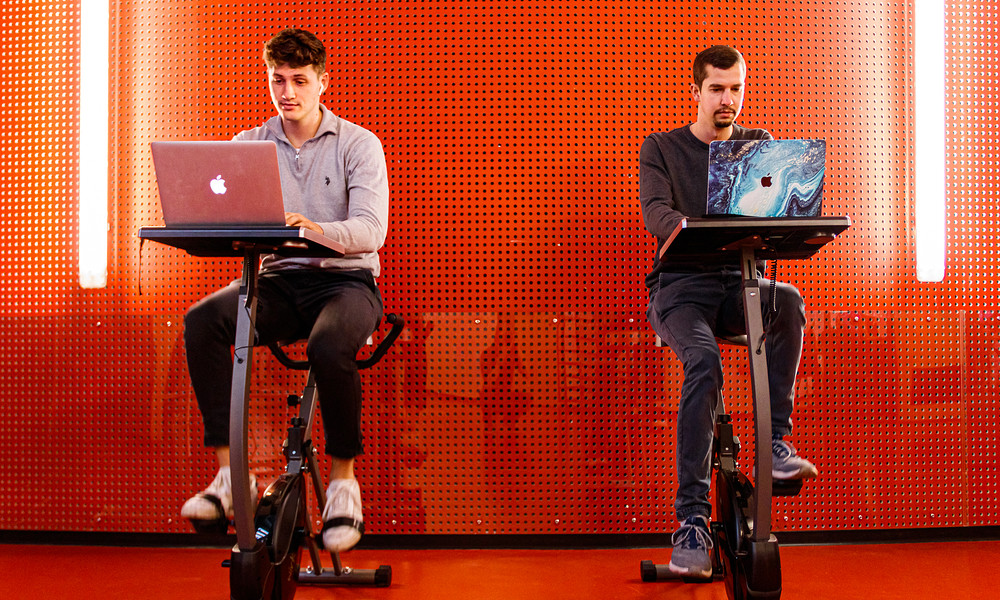
Through research into so-called transition accelerators, Hanze University of Applied Sciences wants to increase the impact of practice-based research. These transition accelerators are Citizen Science, Learning communities and Technology & Digitalisation.
Citizen Science
Research in which citizens are actively involved in the entire process is also known as Citizen Science. In order to arrive at effective and accepted interventions in complex contexts, this direct involvement is indispensable. Citizens work together with professionals from healthcare, welfare and government, as well as with researchers and students. If citizens actively participate in the research in this way, we can come up with interventions that are also supported by the people and the community itself. In this way, citizens are involved and, more importantly, part of the planning, execution, implementation and evaluation of research and innovation in their own region.
We are involving citizens in more and more research. At the same time, we are conducting research into the way in which citizen science can be (better) carried out and into the effect of citizen science as a research tool.
Examples of citizen science projects within the Hanze University of Applied Sciences are COP4HL and M&Gezond.
Learning communities
Through learning communities, we want to collaborate with companies, institutions, researchers and knowledge institutions in a sustainable way. By working together on social challenges and creating impact in our region, we can be of added value. We join existing learning communities or we create new learning communities.
Technology & Digitalization
Hanze University of Applied Sciences, Groningen wants to increase the knowledge and skills of students, lecturers, (healthcare) professionals and SMEs in the field of digital innovations in the domain of care and welfare. For example, entrepreneurs can test their new digital products in the dHealth Lab. There, a safe and realistic environment is simulated, where errors can be removed from the product, so that it becomes clear how it can be used in healthcare practice. Digital resources can provide support to improve people's own health capacity and ensure greater self-management and co-reliance.
Point of Care Technology
Due to the increasing complexity of care and the expansion of (preventive) treatment options, more attention is being paid and more methodologies are needed to explain to citizens (patients and their immediate relatives) how they can age as healthily as possible, given their own circumstances.
That is why knowledge development is necessary in order to increase the degree of 'health literacy', to improve the degree of self-regulation and to qualitatively safeguard healthcare technology innovations among the end users (healthcare professionals and citizens who are not healthcare professionals).
'Point of Care Technology' concerns the development, validation and implementation of (technological) applications that support the maintenance of health (preventive); the reduction or stabilisation of vulnerability (frailty) and the pursuit of an increase in quality of life through professional monitoring / testing or self-monitoring, in combination with stimulating effective innovations that lead to desired behavioural adjustments.
This requires, especially in the domain of vulnerability and care, collaboration with disciplines from biomedical sciences, technology and ICT. But the boundaries with engineering, artificial / augmented intelligence, the arts and the contemplative sciences (philosophy, ethics) also need to be explored more explicitly.
Feedback component
How satisfied are you with the information on this page?